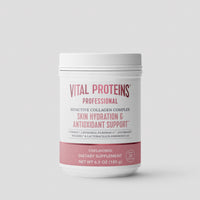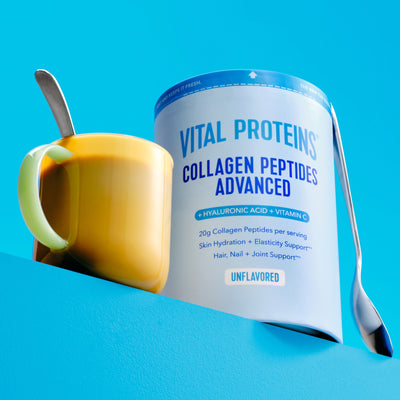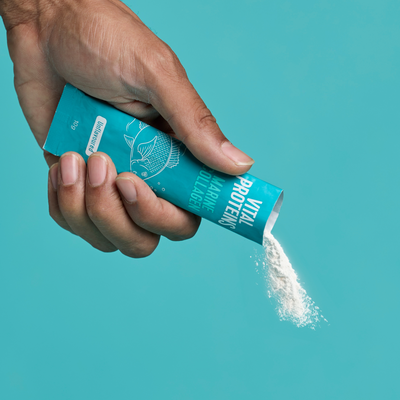The coconut tree is a member of the palm tree family. The term "coconut" may refer to the whole coconut palm, the seed, or the fruit. It is a healthy and delicious food that takes many unique forms; it can be used as a non-dairy creamer (coconut milk), a post-workout drink due to its electrolytes and carbohydrates (coconut water), and as a sugar substitute (coconut sugar). Let's take a deep dive into all things coconut.
Vital Note: This article has been made available for informational and educational purposes only. It is not intended to be a substitute for professional medical advice, diagnosis, or treatment. Always seek the advice of your physician or another qualified health provider with any questions you may have regarding a medical condition. Your licensed healthcare professional can best provide you with the diagnosis and treatment of any medical condition and assist you as well in deciding whether a dietary supplement will be a helpful addition to your regimen.
Coconut Oil
Coconut oil is available in refined and unrefined forms. Refined coconut oil simply means it has a coconut taste – which can be a good or bad thing depending on the recipe it’s being used in – while unrefined coconut oil is a clear, tasteless oil that’s less processed.
Refined coconut oil has a smoke point of 400°F, so it can be used when sautéing, lightly frying, or baking. Unrefined coconut oil has a smoke point of 350°F. Keep in mind that coconut oil is solid at 76°F and below and turns to liquid when the temperature rises above that threshold.
MCT Oil
Here’s what you need to know: MCT oil is clear and liquid at all times since it’s not made up of saturated, long chain fatty acids – only medium chain triglycerides (hence its abbreviation, MCT). So, why do wellness enthusiasts love to add MCT oil to their food and smoothies? It turns out MCTs are loaded with healthy fats that are immediately converted into energy. It’s what makes our Vital Proteins Collagen Creamer® such a hit! Energy-boosting MCTs are found in the coconut milk powder that makes up this fan-favorite Vital Proteins product.**
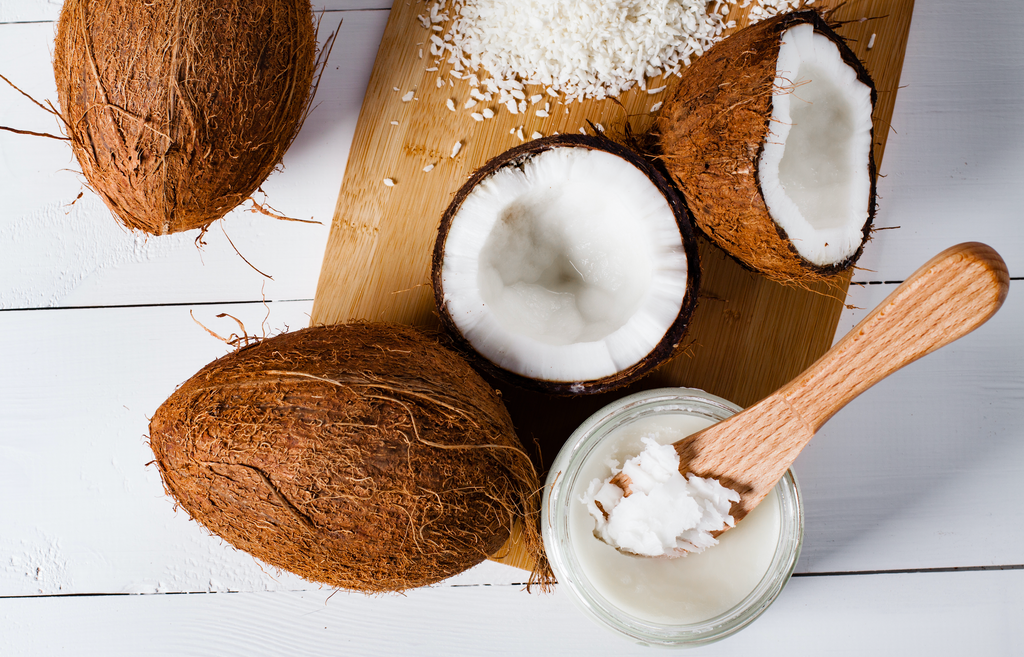
Coconut Milk
Coconut milk is delicious and versatile. It can be sipped as a milk or be used as a non-dairy creamer. It goes well with coffee, tea, and even matcha (finely ground green tea powder). Although the calories from coconut milk come from nearly all fat, it also contains a few grams of protein, water, and electrolytes. There are 142 calories per ¼ cup. Here’s a friendly reminder to keep in mind: Coconut milk contains healthy fats, so don’t guilt trip yourself. Enjoy coconut milk knowing that you’re treating yourself to something that not only tastes good but is good for you.
Related Articles
Coconut Sugar
Coconut sugar is a natural sugar that comes from coconut palm sap. It’s similar to maple syrup in that once it’s taken from the tree it’s dehydrated. Aesthetically, coconut sugar is similar to brown sugar because of its hue and texture. Compared to white table sugar, coconut sugar contains small amounts of minerals such as iron, zinc, calcium and potassium, along with some short-chain fatty acids like polyphenols and antioxidants.
Coconut sugar also contains a fiber known as inulin. Inulin may slow glucose (carbs/sugar) absorption, which might explain why coconut sugar has a lower glycemic index than regular table sugar. Coconut sugar has a glycemic index score of 35 while table sugar has a score of 68. A glycemic index is a system that ranks foods on a scale from 1 to 100 based on their effect on blood-sugar levels. When coconut sugar is combined with electrolytes and additional water, you’re looking at coconut water. This source of hydration is especially recommended before or after a particularly rough workout.
Coconut Water
Pure coconut water contains no added sweeteners or food coloring. It also only contains 45 calories per cup, so it can be taken daily for optimal hydration.
An 8 oz. glass of coconut water is packed with as much potassium as a banana. At 405mg per cup, the potassium in coconut water can help replenish one of the electrolytes that is lost during exercise. Coconut water also contains small amounts of calcium and magnesium, both of which are lost during exercise.
Are you a Vital Proteins fan? You’re in luck! More than a handful of our collagen products include coconut water, like our Matcha Collagen, in its short list of ingredients.
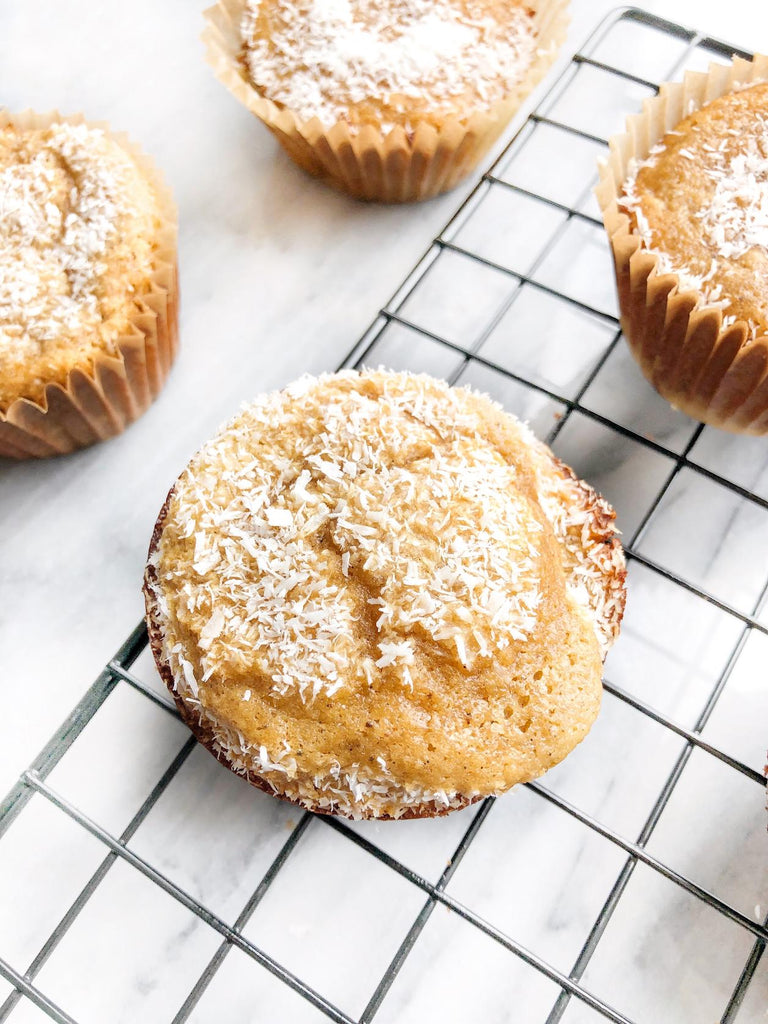
Coconut Collagen Recipes
We have plenty of coconut collagen recipes, using our Vital Proteins Collagen Creamer® in Coconut (which contains coconut milk powder), on our blog. Here are some of our favorites:
Want more? Visit Lively’s Recipes tab for more culinary inspiration.





